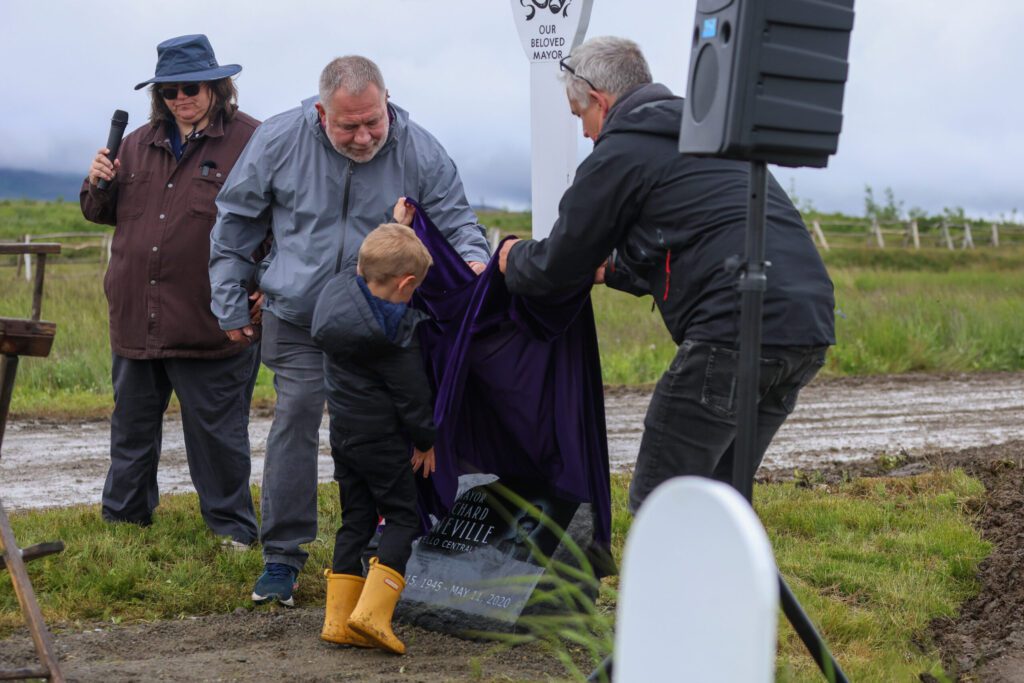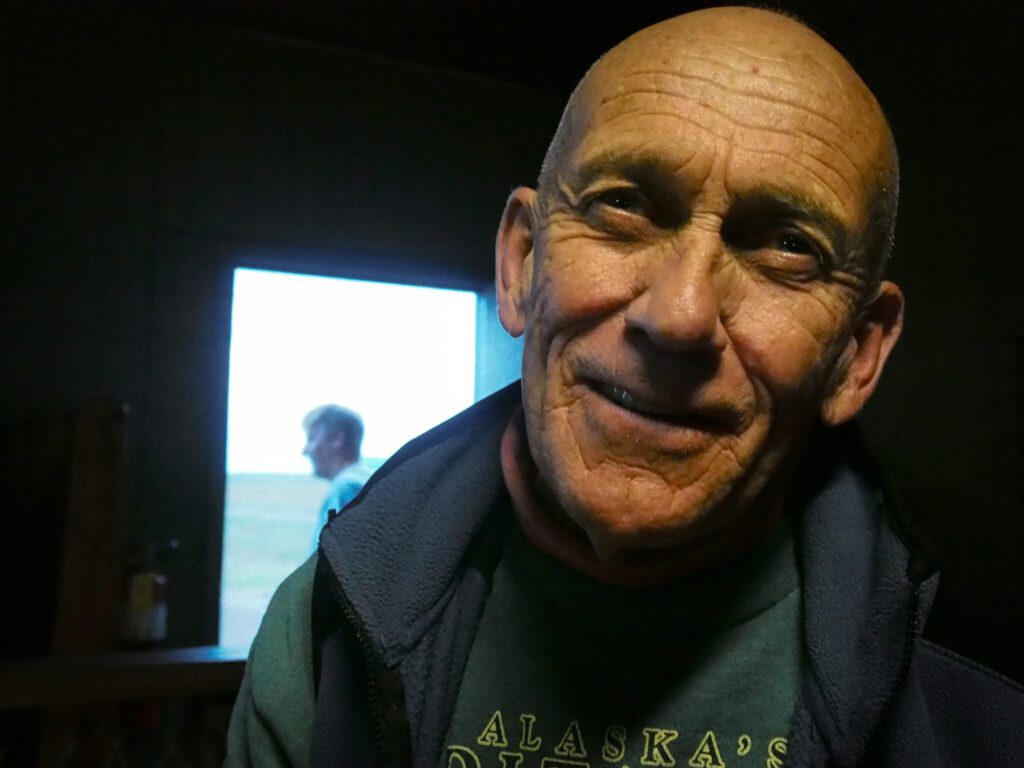Following a slew of high profile visits to Nome and the surrounding region, the Nome Joint Utility Board began their monthly meeting basking in the recent attention before diving into discussions of upcoming city projects and alternative energy sources.
Although the White House skipped over the city, Utility manager John Handeland was quick to commend those that played a role in hosting President Obama, the first sitting president to travel north of the Arctic Circle.
“Our hats off to our neighbors in Kotzebue,” Handeland said, “for doing us right for western Alaska.”
Despite a steady stream of cruise ships and cargo this summer, attracting business to western Alaska in general and Nome in particular remains challenging. Handeland hopes the spotlight will continue to shine on the Arctic.
“Kudos to the mayor and the port commission and everyone that continues to push and advocate for those to happen in the Arctic,” Handeland said, adding, “hopefully it’s in Nome, Alaska.”
One such project that promises to bring offshore activity and onshore investment will likely begin next spring. An effort to connect London to Tokyo via undersea fiber optic cables will include a stopover in Nome. Along with offering a power boost to the community, the project will also endow Nome with what Handeland described as “extremely high speed internet.”
Megaprojects and high level visitors aside, the board returned to more locally pressing issues like alternative energy. Along with reviewing wind, which generates an average of 5 percent of the city’s electricity, the board debated the option of harnessing solar power. The ongoing struggle to store the excess energy generated from wind caused some board members to hesitate.
Patrick Knodel was one of those that hesitated. “Well I don’t think we should look at solar panels because we can’t take all our wind anyway,” said Knodel.
Although Knodel expressed his opposition to solar, fellow board member Fred Moody said wind was doomed from the start.
“Well we knew right away when we talked about wind, that it’s not a good thing,” said Moody. “It never was and it never will be.”
Moody said solar was a different, citing the success of the panels atop the federal building on Front Street.
Moving on to new business, the board continued to debate charging a convenience fee for customers paying with credit cards. Accepting credit cards will likely cost NJUS upwards of $50,000 this year. No final decisions were made, though most board members voiced support in charging a fee, at least for commercial customers.
After three hours and a half, the meeting was derailed over a debate to lease space to store the water truck. While there were efforts to finish up business, a recess was finally called just before 11 p.m. The board will reconvene next Thursday, Sept 24, at 7 p.m.







